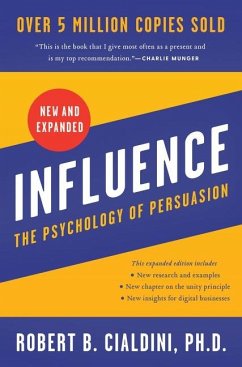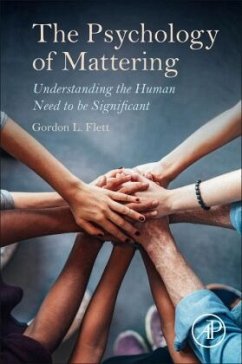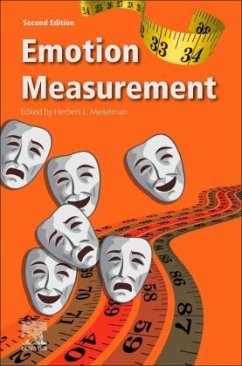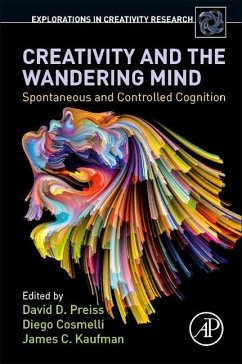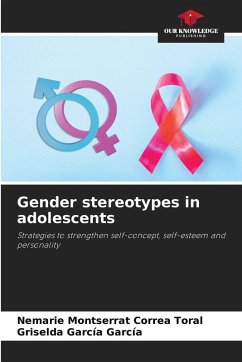
Handbook of Terror Management Theory

PAYBACK Punkte
51 °P sammeln!
Handbook of Terror Management Theory provides an overview of Terror Management Theory (TMT), including critical research derived from the theory, recent research that has expanded and refined the theory, and the many ways the theory has been utilized to understand domains of human social life. The book uses TMT as a lens to help understand human relationships to nature, cultural worldviews, the self, time, the body, attachment, group identification, religion and faith, creativity, personal growth, and the brain.The first section reviews theoretical and methodological issues, the second focuses...
Handbook of Terror Management Theory provides an overview of Terror Management Theory (TMT), including critical research derived from the theory, recent research that has expanded and refined the theory, and the many ways the theory has been utilized to understand domains of human social life. The book uses TMT as a lens to help understand human relationships to nature, cultural worldviews, the self, time, the body, attachment, group identification, religion and faith, creativity, personal growth, and the brain.
The first section reviews theoretical and methodological issues, the second focuses on basic research showing how TMT enhances our understanding of a wide range of phenomena, and the third section, Applications, uses TMT to solve a variety of real world problems across different disciplines and contexts, including health behavior, aging, psychopathology, terrorism, consumerism, the legal system, art and media, risk-taking, and communication theory.
The first section reviews theoretical and methodological issues, the second focuses on basic research showing how TMT enhances our understanding of a wide range of phenomena, and the third section, Applications, uses TMT to solve a variety of real world problems across different disciplines and contexts, including health behavior, aging, psychopathology, terrorism, consumerism, the legal system, art and media, risk-taking, and communication theory.






